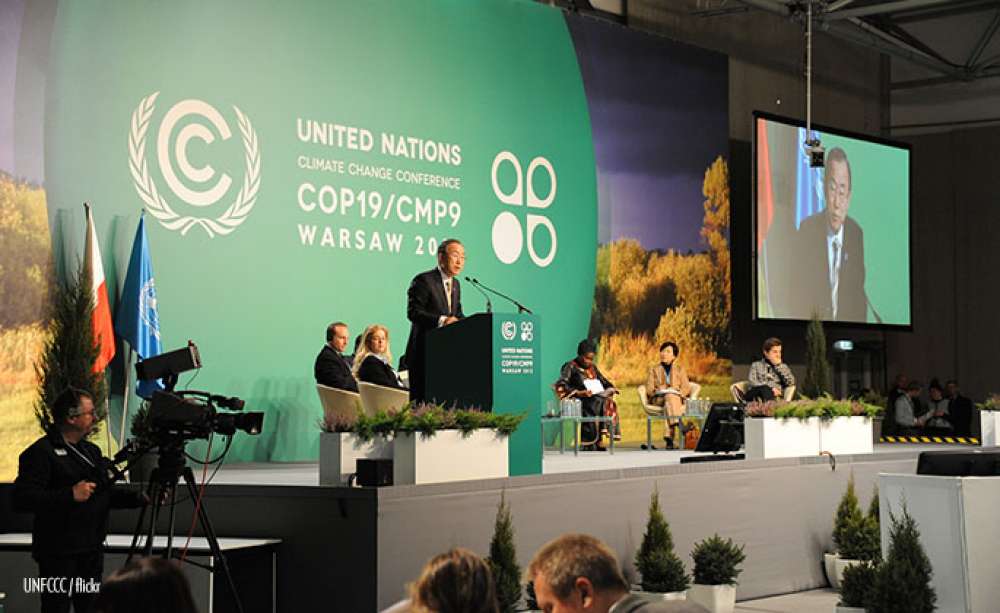Geoengineering and the Need for Inclusive Institutions

This interview was conducted by Mirko Hohmann and Joel Sandhu for the the Global Governance Futures 2025 program which brings together young professionals to look ahead and recommend ways to address global challenges.
MH & JS: Akiko, you were personally involved in the UN climate change negotiations in 2009, and have followed the debate closely since. Did the issue of geoengineering play a role during these negotiations? How have the discussions on geoengineering changed at the UN since your time there?
AS: When I was participating in the UN climate change negotiations during the Copenhagen Summit (COP15) in 2009, the issue of geoengineering was receiving little attention from the policymakers and played little role during the actual negotiations. Leading up to COP15, the single most important goal clearly was to agree upon a new legally-binding framework that could succeed the Kyoto Protocol’s first commitment period. Therefore, the core of the negotiation was to persuade countries to commit themselves to reduce emissions from their territories. Geoengineering, however, can be seen as leading away from mitigation efforts, so it remained outside the discussion in the United Nations Framework Convention on Climate Change (UNFCCC). In addition, the idea was much more hypothetical than it is now.
In my perception, the level of attention has increased since 2009. The fact that the Fifth Assessment Report of the Intergovernmental Panel on Climate Change (IPCC) in 2014 explicitly addressed geoengineering options indicates that the science community has begun to seriously engage in the topic. There has also been an increase in government funding, for example in the UK, and a research group recently proposed to carry out a small-scale field experiment in two years’ time. However, while there is a rapid increase of interests among researchers, the awareness among policymakers and the public remains low. It is therefore still premature to argue that geoengineering has actually started influencing the UNFCCC negotiations or policymaking process on climate change in all countries. But this might soon change.
To read the full interview, please visit Global Policy online.